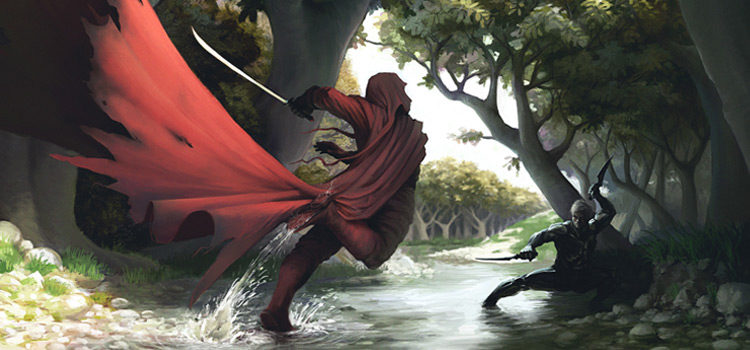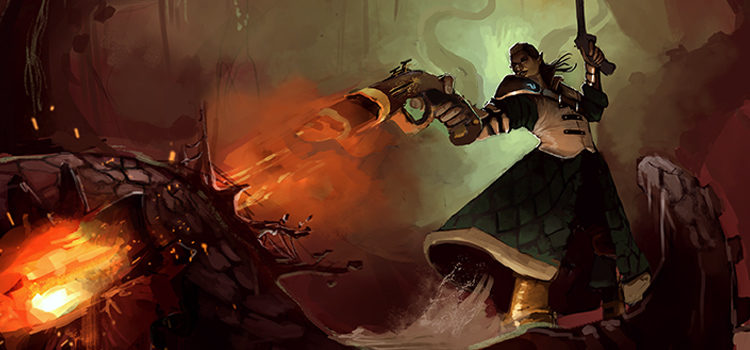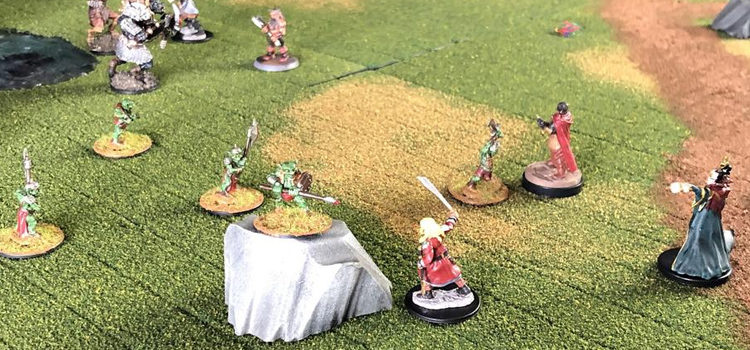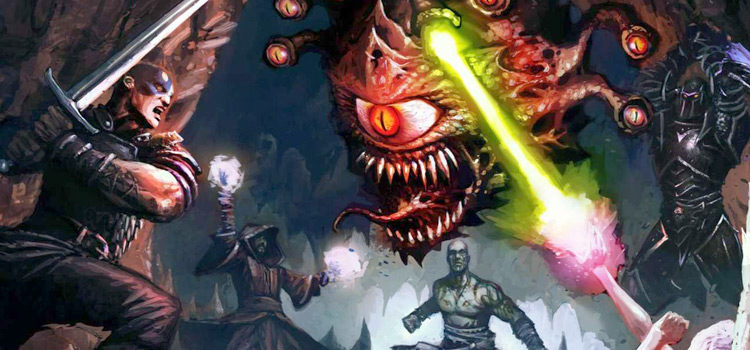What is Charisma in D&D 5e?
This post may contain affiliate links. If you buy something we may get a small commission at no extra cost to you. (Learn more).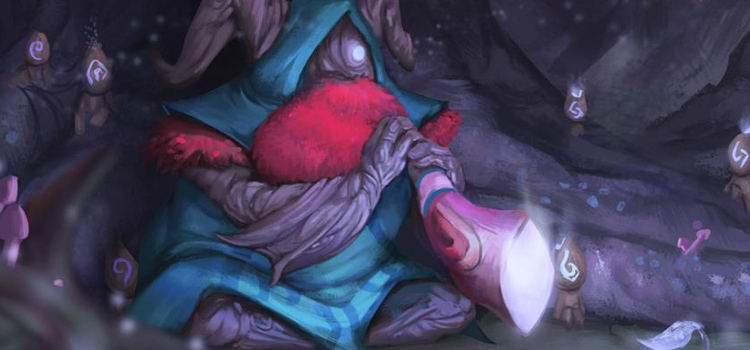
Charisma in D&D is a measure of a character’s natural force of personality and their social and artistic skills. Charismatic characters in 5e tend to be socially adept and charming, cultured in music and art, and capable of manipulating or intimidating people using words and mannerisms.
They may also be able to channel their inner strength into casting spells.
Charisma is one of the 6 primary ability scores that measure a character’s physical and mental abilities.
Charisma is also associated with skill checks involving deception, intimidation, persuasion, and performance.
Some people seem to think that charisma is a measure of a person’s natural attractiveness, but this is a false stereotype. Charisma does not have anything to do with how physically attractive a character is. D&D 5e does not have a way to capture physical attractiveness through rules or mechanics – instead, players are encouraged to flavor their character’s physical qualities using their imagination.
Bards, sorcerers, and warlocks rely heavily on charisma to cast spells. So it should usually be their highest ability score. Paladins also cast divine spells using charisma, so it should often be their second or third highest ability score.
Characters with a high charisma often play a role as a party’s “face,” meaning that they may do much of the talking during social encounters and negotiations. However, having a low charisma or a lack of proficiency in social skills should not stop a player from engaging in social discussions.
Failing charisma skill checks can add a lot of fun and flavor to an adventure, and create dramatic moments. It’s also unfair to players with low charisma to sideline them during exciting roleplaying scenes.
Players who do not care about having a persuasive or intimidating personality can feel free to treat charisma as a dump stat.
What Are Charisma Saving Throws?
Charisma saving throws are an uncommon type of saving throw, so having a low charisma saving throw is not likely to affect players much at all.
There are a handful of spells that require cha saving throws, but not many.
List of Charisma-Based Skill Checks
Deception: represents a character’s ability to lie, deceive, or otherwise hide the truth, which can occur through words and/or actions. This can involve lying or obfuscation in social encounters, gambling, or creating a false disguise for yourself.
Intimidation: represents a character’s ability to influence others using overt or subtle threats, or hostile or intimidating gestures or remarks.
Intimidation can range from flexing one’s muscles or glaring at an NPC, to spoken threats or suggestions of unfortunate outcomes if someone doesn’t play nice. Although intimidation is commonly used as a Charisma ability check, many DMs will occasionally allow players to roll intimidation as a different kind of ability check, such as strength or intelligence.
Persuasion: is your ability to convince others through words and/or actions. This can include trying to persuade someone that you’re telling the truth when you’re actually doing so, trying to negotiate or bargain, building relationships or business partnerships, talking a mob into or out of violence, or trying to charm someone into joining you for dinner.
Persuasion can be applied to a wide range of social situations in D&D 5e. Usually a social encounter switches to deception or intimidation if you’re trying to persuade through lying or intimidating.
Performance: represents a character’s ability to entertain others using skills such as singing, dance, storytelling, acting, music, etc.
It can also be used to create distractions, earn money through performances, or perhaps elicit an emotional response from a crowd of people.
Like with the other social skills, it’s not uncommon to see overlaps when they’re used. If a character does not have proficiency in performance, they can still add a proficiency bonus to rolls made using an instrument in which they are proficient.
Characters do not get a double proficiency bonus for being proficient in both the performance skill and in an instrument, although per Xanathar’s Guide to Everything, the DM might be encouraged to grant advantage to such a skill check.
Charisma in 5e: Final Thoughts
Charisma is an ability that can be fun for characters who want to influence others.
But it is only really necessary for classes that have spells or abilities that depend highly on charisma.
